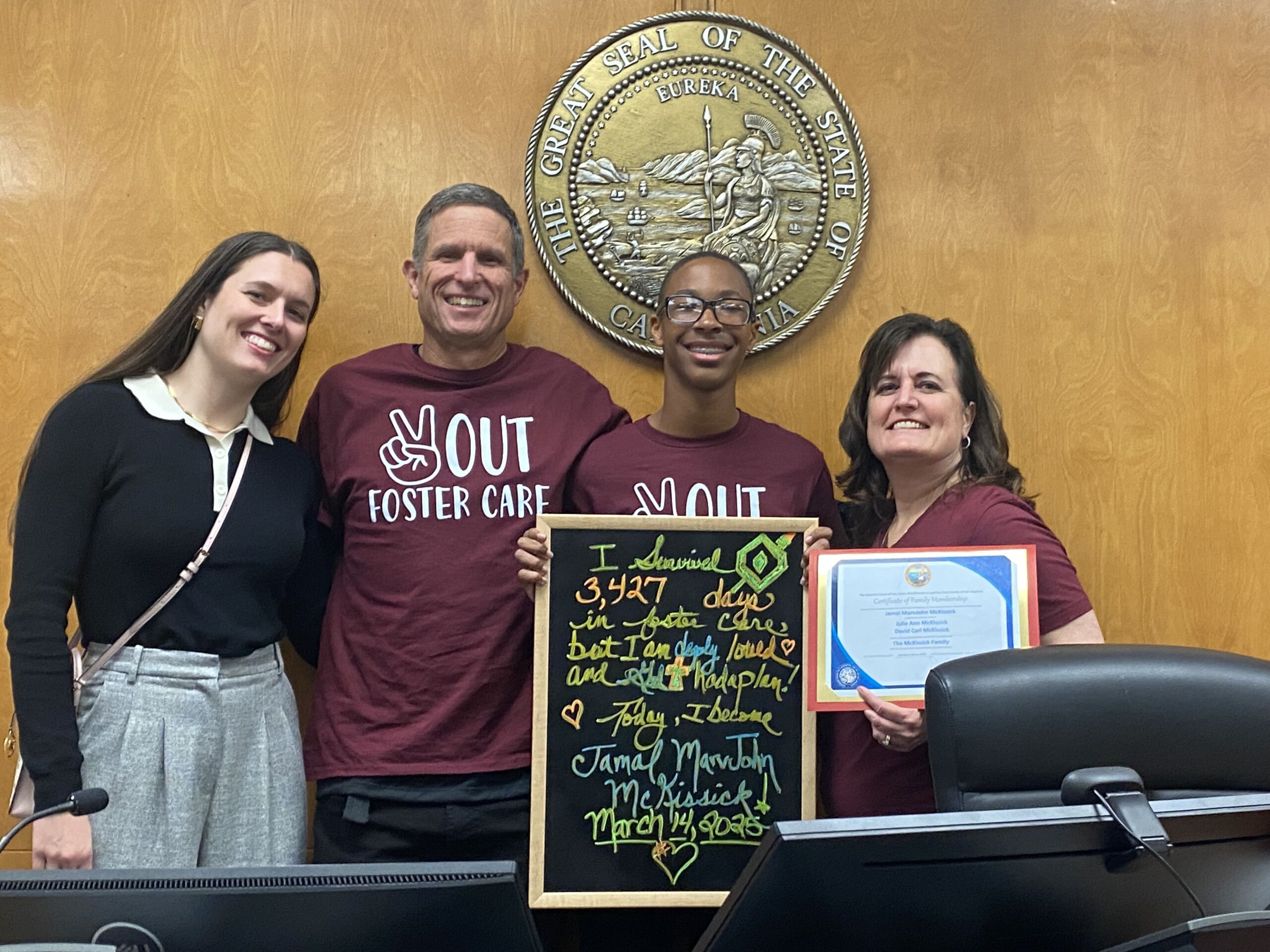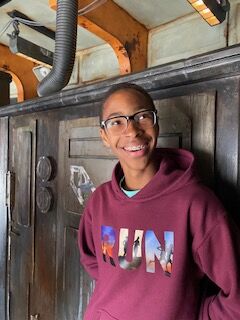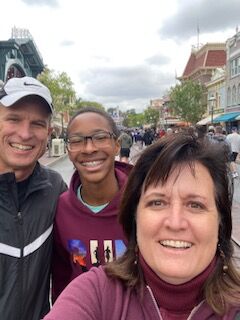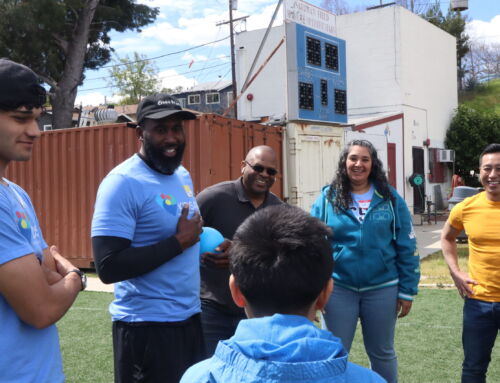Jamal spent most of his childhood moving in and out of the foster care system. Now 15 years old, he is a bright, thoughtful Black teenager who was recently adopted by a loving white family, the McKissicks. The McKissick’s were introduced to Jamal with help from Kidsave. Jamal’s final stay in foster care began when he was just 8 years old and lasted for seven long years—years marked by instability, uncertainty, and longing for a permanent home.
Throughout the turbulence of his early life, Jamal leaned heavily on his faith. His relationship with God began when he was introduced to Christianity by his maternal grandmother. He was a young child at the time, but her prayers and devotion planted a seed that would carry him through some of the most difficult moments of his life. His faith became his constant, a foundation that kept him grounded when everything else felt uncertain.
As a child, Jamal prayed night after night to be reunited with his biological family. He believed that going back to them was the only way to feel he was home. But over time, he came to understand that God was answering his prayers in a different way—one that was unexpected, but felt right on a soul level.
“I knew that God was with me,” Jamal says. “Even when I didn’t understand what was happening, I could feel something greater was unfolding. I kept praying, asking to go home. He didn’t take me back to my biological family, but He gave me the McKissicks. It wasn’t what I was praying for—but it was what I needed.”
Jamal feels that his adoptive parents give him exactly what he longed for: love, security, stability, safety, and a shared faith. They created a physical, spiritual and emotional home for him. They strengthened and preserved his foundation in Christianity. The McKissicks also took care to find a church home that honored both Jamal’s cultural identity and their multiracial suburban family dynamic. After visiting several Black and diverse churches, they found one that embraced transracial adoptive families without judgment. There, Jamal found a sense of belonging, and so did his parents.
Jamal’s parents connected him with mentors, kept him connected with his biological family, school and church communities and people of color who educated Jamal on the realities of oppression and staying safe in the world as he prepares to grow up. A mentor explained to Jamal how to stay obedient while driving, that he is more of a target than his friends while driving and what to do if he’s pulled over by the police.
Although Jamal had some painful experiences with his biological family and community, which initially made him hesitant to engage in Black spaces, he eventually joined his school’s Black Student Union. To his surprise, it became a positive part of his life, providing him a new sense of pride.
Now that he’s been officially adopted, Jamal says he’s grateful to finally be free from the foster care system. The years of court dates, caseworkers, and constant transitions were exhausting and placed emotional and financial strain on him and his adoptive family. But he doesn’t shy away from his past. “Being in foster care is part of who I am,” he says. “It’s made me stronger. I’m not ashamed of it.”
Jamal has big dreams for his future. He’s considering joining the Air Force Academy, becoming a chaplain, or even pursuing a career in professional track. His parents encourage him to stay grounded—teaching him the importance of discipline, integrity, and being present. They eat family dinners together each night, keeping a consistent rhythm of connection and care. More than anything, they remind him to use his voice, to take pride in who he is, and to enjoy the life he’s building.
Jamal’s story is one of resilience, answered prayers, and the quiet, powerful ways that love—and faith—can create a home.





